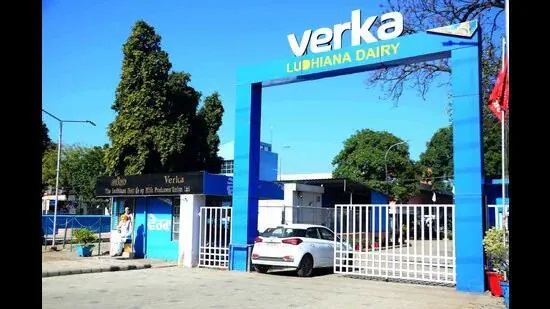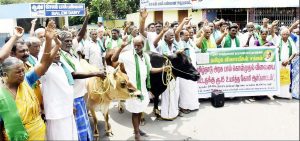
Outsourced Staff at Dairy Giant Launch 3-Day Walkout, Demanding Regularisation Amid Claims of Handling 90% of Operations.
A significant crisis has erupted within the Indian dairy supply chain as Verka’s outsourced staff have initiated a three-day, state-wide strike starting Monday. The protest, spearheaded by the Verka Milk Plant Contract Mulazam Union Punjab, highlights severe concerns over the instability of the daily dairy supply in Punjab. The core demand from the striking workers is the regularisation of thousands of contractual employees who assert they are responsible for handling over 90% of the operational duties across all of Verka’s processing plants.
The sheer scale of the labor dispute poses a major economic threat to the dairy giant and the regional market. Union president Pawandeep Singh issued a warning that the industrial action could potentially halt the supply of 12 lakh litres (1.2 million litres) of milk daily. The financial fallout from such a disruption is substantial, with the union estimating a collective loss of ₹10–15 crore (approximately USD $1.2 million to $1.8 million) over the three-day period. Singh emphasized the union’s resolve, stating they would “escalate the protest” if their demands are not met.
Data from Milkfed (the Punjab State Co-operative Milk Producers’ Federation Ltd., which operates Verka) reveals the profound dependence on contractual labor. Of the approximately 6,000 sanctioned posts, only a small fraction—between 700 and 800—are currently filled by regular, permanent staff. This leaves the vast majority of core operational responsibilities reliant on the outsourced workforce, providing context to the workers’ claim of handling the bulk of the dairy operations.
However, Milkfed MD Rahul Gupta directly contested the union’s claims of an imminent shutdown. Gupta maintained that all 14 Verka plants remain operational, citing the Essential Commodities Act as a reason the cooperative cannot afford to miss any packet of supply. He provided contradictory reports on compliance, stating that in some plants, 30% to 40% of outsourced workers came to work, while in others, 95% reported for duty, suggesting the strike’s impact was not uniform.
MD Gupta further pushed back against the workers’ demand for automatic regularization, accusing the union of actively blocking the legal recruitment process. He stated that the workers are trying to “avoid the test and secure a backdoor entry,” which he argued is not legally justifiable. Gupta indicated that the Milkfed administration had offered concessions, including providing extra marks for the exam to the outsourced workers, but claimed the union refused to negotiate, underscoring the deep rift in the dairy labor relations.
Source: Get the complete labor conflict details from the Hindustan Times.
You can now read the most important #news on #eDairyNews #Whatsapp channels!!!
🇮🇳 eDairy News ÍNDIA: https://whatsapp.com/channel/0029VaPidCcGpLHImBQk6x1F

















